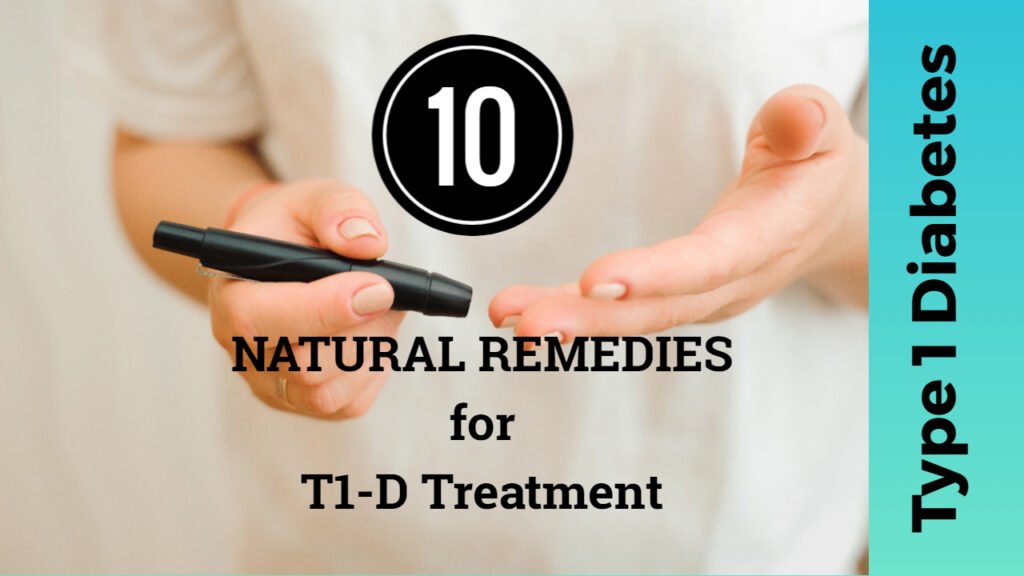When you think of diabetes you think of high blood sugar levels caused by over-consumption of sugar or sweets.
Although this is true to some extent, a high blood sugar level is an effect rather than the cause of diabetes.
Diabetes is more accurately a condition that affects the way your body processes the sugar or glucose present in the blood.
In a healthy body, a hormone called ‘insulin’ helps in transporting this sugar from your blood to your cells where it is broken down to produce energy.
When you have diabetes, your insulin is unable to do this task effectively and thus you have high amounts of sugar that remain in the blood.

What is Type 1 Diabetes
Insulin is produced in the pancreas; when your pancreas doesn’t produce enough insulin or your body becomes resistant to insulin, you develop ‘Type 2 Diabetes’.
Whereas in ‘Type 1 Diabetes’, your immune system attacks and destroys the insulin-producing cells in the pancreas. The exact reason why this happens is not known but scientists claim that certain genes and environmental factors might be to blame.
Diabetes, regardless of its type, does not have a cure and without insulin, too much glucose or sugar remains in your blood.
Over time, this high blood sugar level can lead to serious issues with your heart, kidneys, nerves, eyes, gums, and teeth.
The recommended treatments mainly aim at maintaining a constant and adequate blood sugar level.
Type 1 Diabetes is usually diagnosed in children and young individuals under the age of 20.
It cannot be prevented and requires a constant around the clock management.
Even with a strict regime, individuals with type 1 diabetes can suffer from very high or very low levels of blood sugar which can be life-threatening.
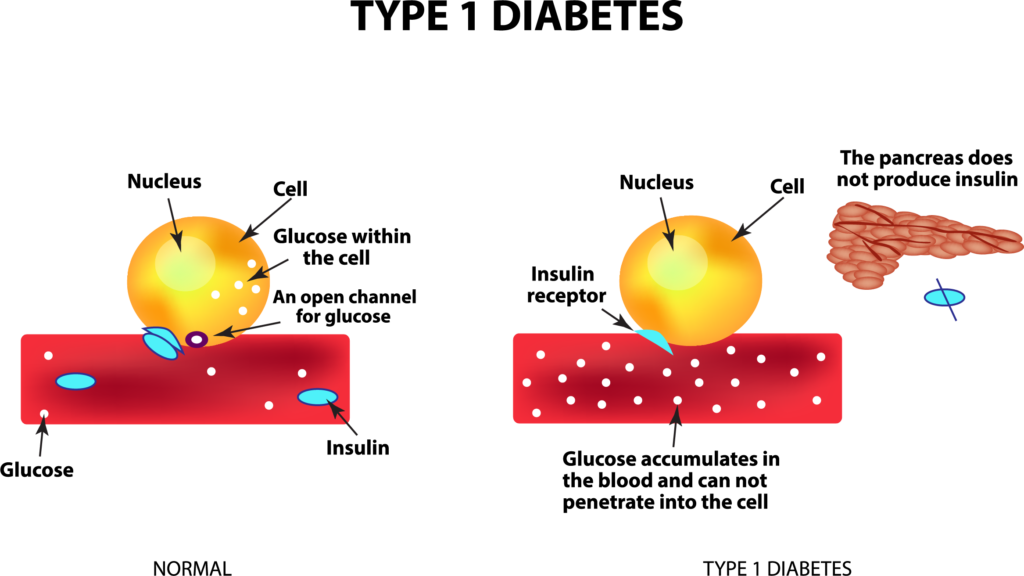
General Treatment for Type 1 Diabetes
The most recommended and effective treatment is the use of insulin either as injections or as insulin pumps.
But the use of insulin has its side effects. It can cause hypoglycemia (very low blood sugar level), headache, weight gain, itching, rash, flu-like symptoms, and reaction at the site of injection.
Treating Type 1 Diabetes (T1D) without these undesirable side effects remains a formidable task in drug research and development.
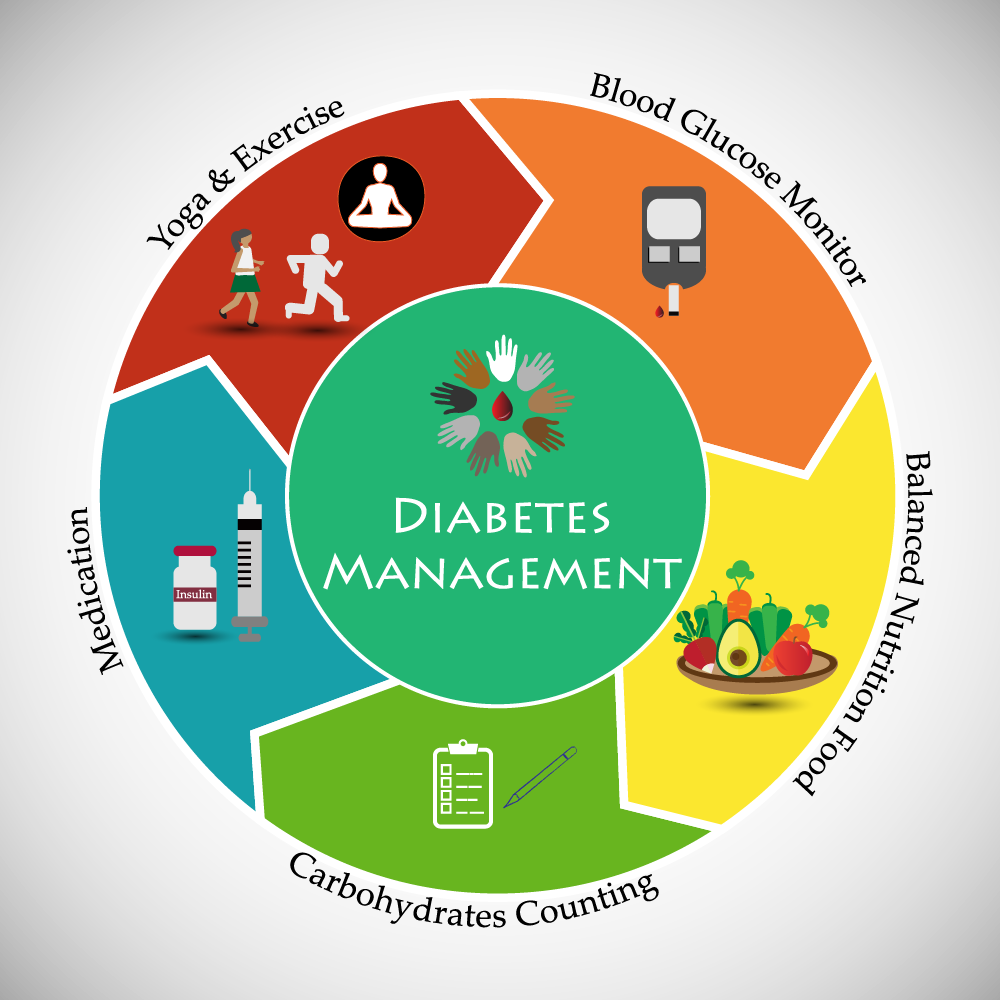
Natural Remedies for Type 1 Diabetes
This is where many diabetic patients turn to more natural methods of treatment.
Various complementary and alternative treatments have been studied and proven useful for the management of T1D.
Therefore, the prospect of being less dependent on insulin is very appealing to individuals battling the disease.
Below are some natural remedies that a T1D patient can consider as a complementary or alternative therapy to lead a healthy and active lifestyle.
A Healthy Diet Plan
Diet plays a major role in the treatment of autoimmune diseases like T1D.
Many studies recommend a low-glycemic index diet for better control over blood sugar levels.
Following a diet plan that has been customized to your HBA1c levels can help in curbing T1D without causing any side effects.
Type 1 diabetes is thought of as an irreversible and progressive disease, but a recent study published in Biomedical Research proves otherwise.
Scientists treated a patient suffering from T1D with complications by prescribing a customized diet plan and have successfully reversed the disease.
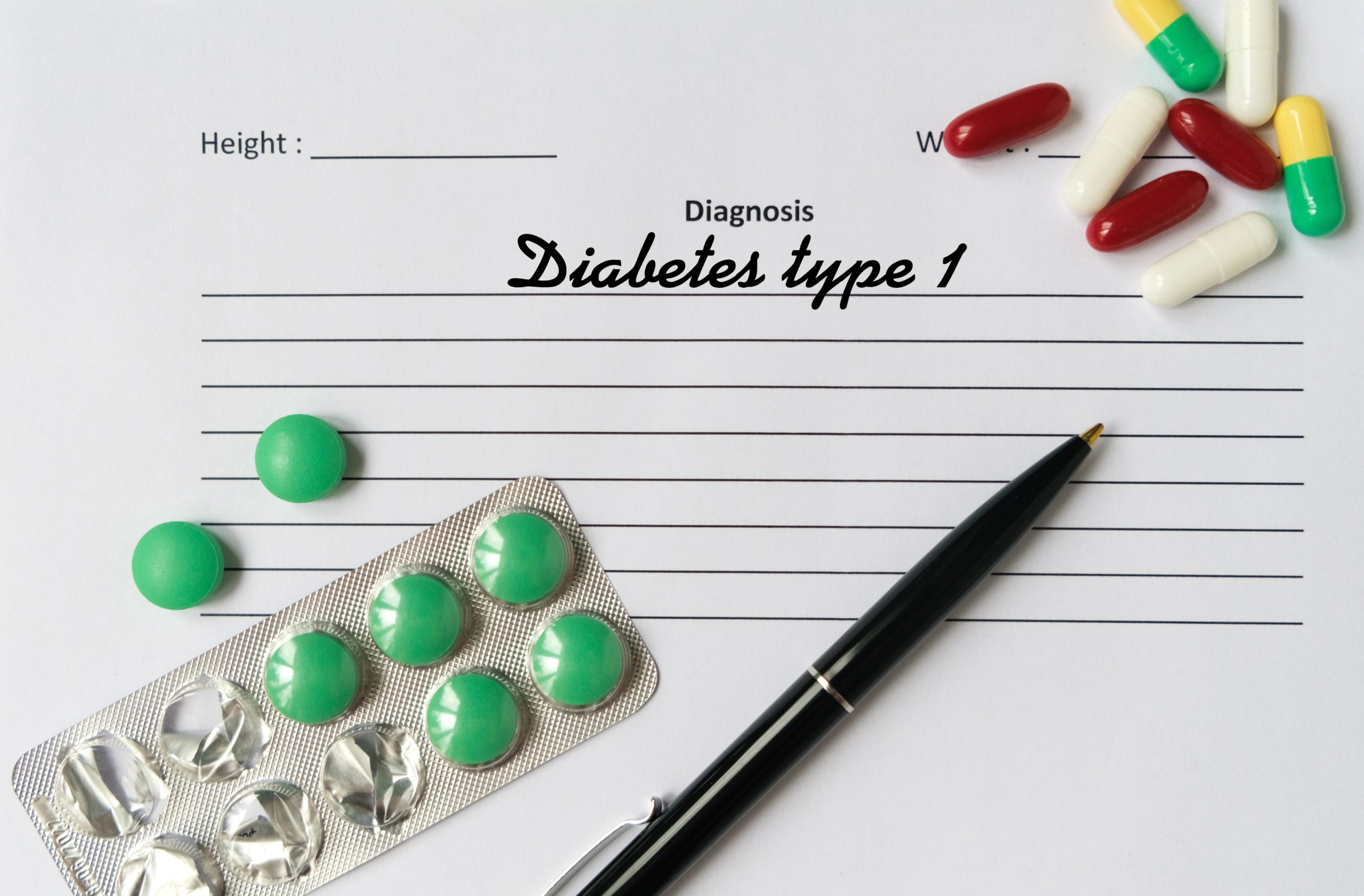
Physical Activity
Numerous studies have shown that exercise improves glycemic control.
But in the case of T1D, a constant risk of hypoglycemia makes things a bit more complicated.
In a recent review, scientists have provided a structured approach on how to plan an exercise regime for children and teens and formulate a person-specific exercise management plan for young individuals with T1D.
Natural and Herbal Remedies
Numerous herbs and mineral supplements have been proven to have a beneficial effect on Type 1 Diabetes.
Gymnema
Gymnema, a botanical herb has been used for centuries in traditional Ayurvedic treatment of diabetes.
Traditionally, the plant leaves are chewed upon which suppresses our ability to taste sweet foods.
It is now studied as adjuvant therapy for diabetes. In a study published in the Journal of Ethnopharmacology, Gymnema has demonstrated hypoglycemic effects in animal and human trials.
Ginseng
Asian Ginseng, a traditional Chinese medicine, along with its active constituents have been shown to improve blood sugar control and reduce complications in animal models of type 1 diabetes.
Clinical trials are yet to confirm these reports.

Fenugreek
Fenugreek seeds contain high levels of soluble fiber.
This helps in lowering the blood sugar level by slowing down the digestion and absorption of carbohydrates.
Extract of fenugreek seeds is shown to increase the number and function of insulin-producing cells in the pancreas.
Thus, improve blood sugar control in animal models of type 1 diabetes.
In another study, powdered fenugreek seeds were included in meals of individuals with type 1 diabetes. They showed improvement in several measures of blood sugar control after completion of the prescribed dosage.
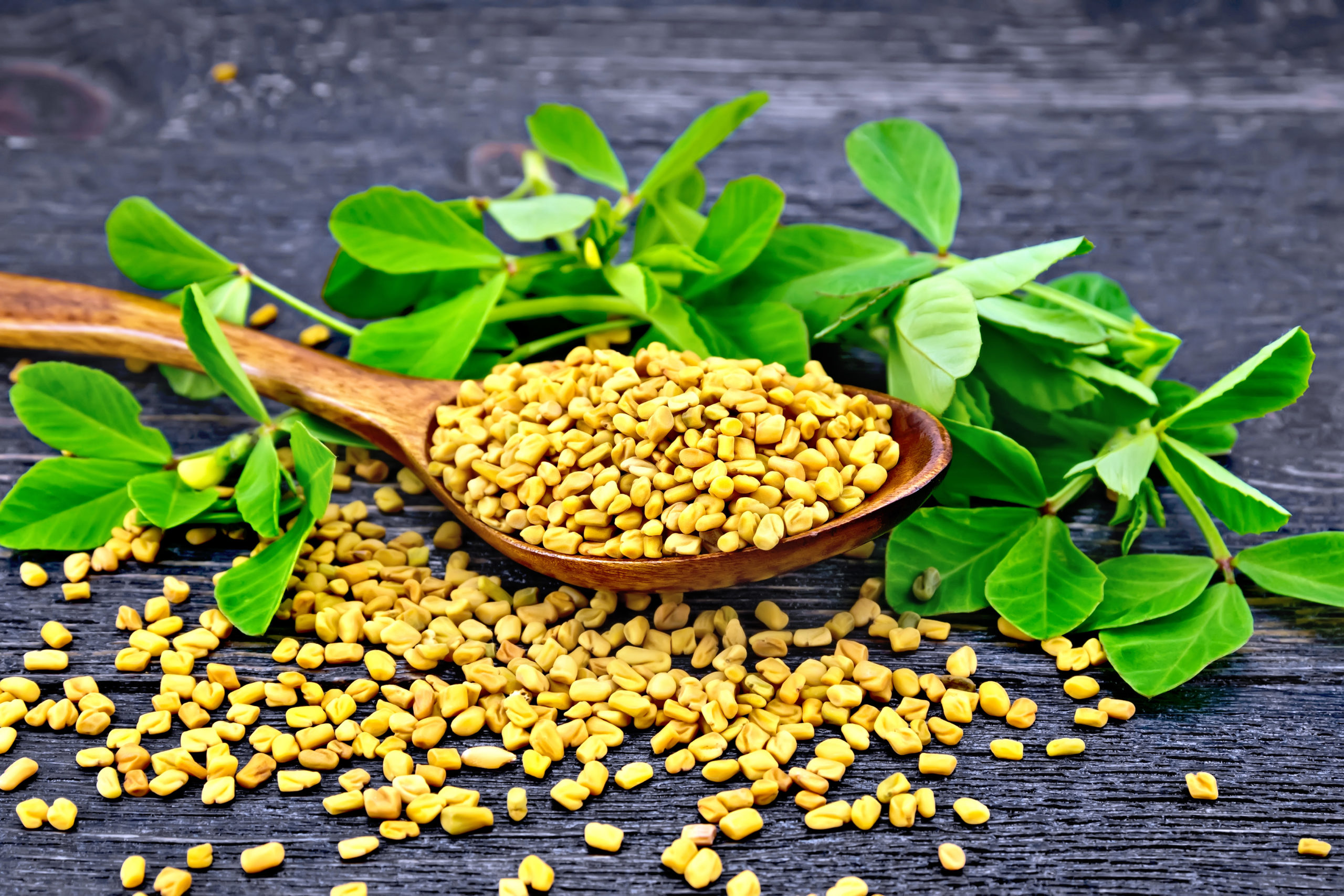
Nutrient Supplements
Alpha Lipoic Acid
Alpha-lipoic acid is an antioxidant and an important nutrient for mitochondrial function.
In a study with T1D patients, supplementing oral alpha-lipoic acid has been shown to normalize complication-causing pathways associated with T1D. Spinach, broccoli, and brussels sprouts are natural sources of Alpha-lipoic acid.
Although clinical trials are yet to confirm these reports.
Chromium
Chromium is a trace mineral that has been shown to increase the effectiveness of insulin and improve blood sugar control in type 1 diabetic patients.
A study with supplementation of chromium suggests improved glycemic control and prevention of some diabetic complications.
Chromium has also been shown to enhance the effect of diabetic drugs and possibly lead to hypoglycemia.
Thus, people considering this supplement should consult with their doctor before committing.
Egg yolks, broccoli, brewer’s yeast, and whole grains contain high levels of chromium.

Magnesium
Magnesium is a widely available mineral in the human body that is involved in many biochemical processes.
Individuals with type 1 diabetes usually have low levels of magnesium and supplementing with magnesium can reduce the risk of deficiency-related problems such as eye damage and neuropathy.
Foods like beans, nuts, green and leafy vegetables, and whole grains are a good source of magnesium.
A recent study shows that supplementing with magnesium can improve blood sugar control and reduce the risk of complications in individuals with type 1 diabetes.
Homeopathic Remedies
Homeopathy is an alternative therapy that uses small quantities of natural extracts from minerals and plants.
There are many homeopathic remedies available for the treatment of diabetic symptoms and the prevention of related complications.
But for T1D, homeopathy does not have a remedy that can help in the production of insulin.
Another reason why homeopathy is not recommended as an alternative treatment is that there is almost no evidence that shows the efficacy of homeopathic treatments for T1D patients.
Scientists recently studied ‘Diabenol’, a homeopathic medicine, and concluded that Diabenol is effective in controlling Type 2 Diabetic symptoms.
But no specific studies have been conducted regarding T1D.
Another homeopathic study using Syzgium jambolanum (Java Plum) has shown promising results in rats and mice.
Most other homeopathic treatments haven’t been tested in clinical trials. If you are interested in using homeopathy as an alternative treatment, you need to consult your physician before making any changes in the treatment plan.
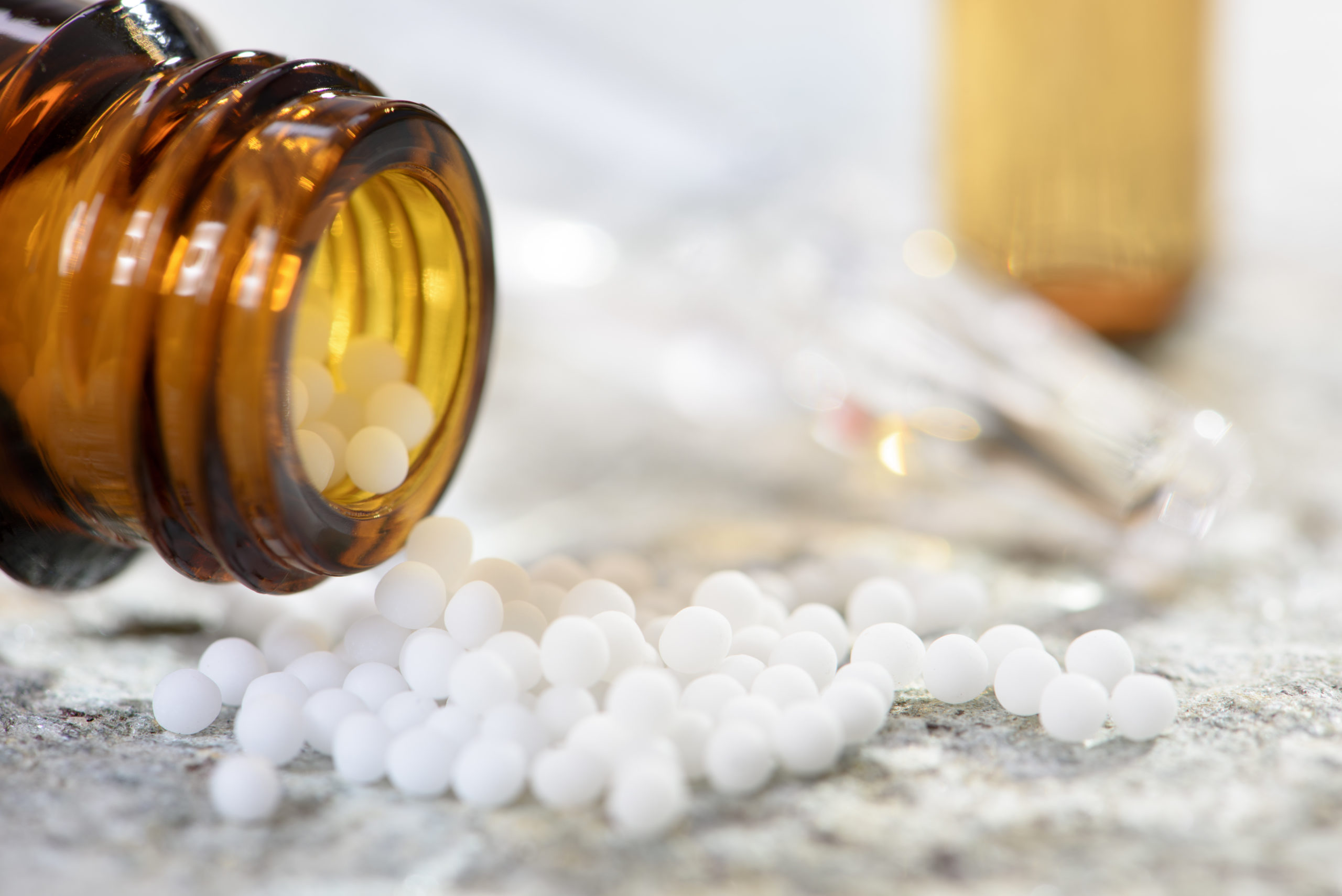
In conclusion, although natural herbs, plant-based diets, and alternative treatments have no side effects, a major roadblock in combining these with modern medicine is the lack of scientific and clinical data proving their efficacy and safety.
Though information is available about some herbs and natural supplements, there is a need for clinical evidence and standardization.
